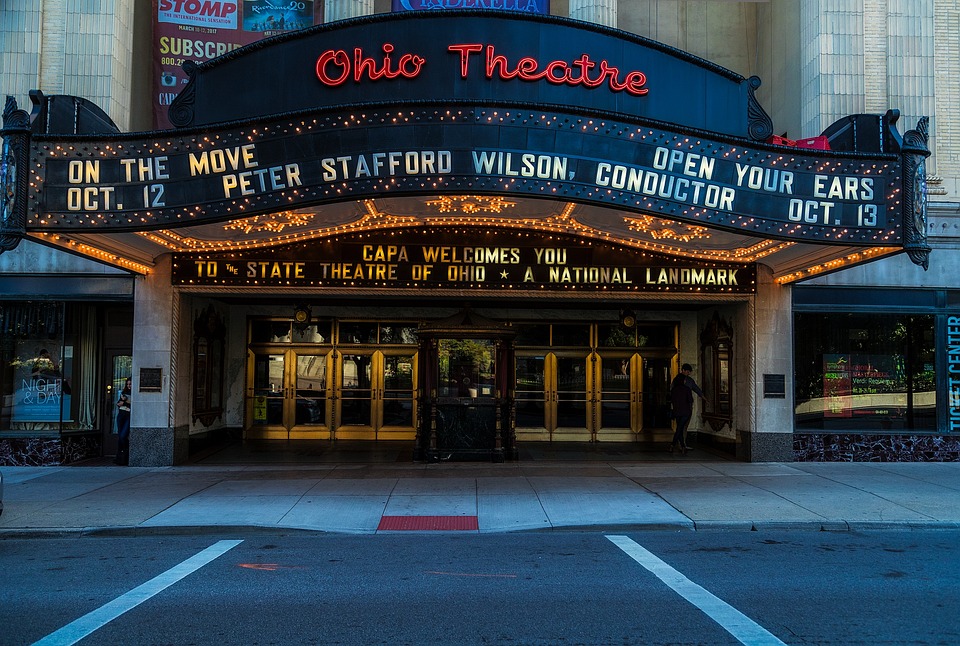Inspiring Change: Arab Actresses as Catalysts for Women’s Liberation
In recent years, the Arab world has witnessed a remarkable transformation, with women breaking barriers and challenging societal norms. While this change can be attributed to various factors, one often overlooked catalyst has been the emergence of Arab actresses as powerful agents of social change. Through their artistry, these actresses have tackled sensitive issues, shattered stereotypes, and, most importantly, ignited a sense of empowerment and liberation in the hearts of millions of Arab women.
One of the most notable actresses leading this charge is Nadine Labaki, a Lebanese filmmaker and actress. Labaki’s 2011 film, “Where Do We Go Now?”, addresses the plight of women in a small Lebanese village constantly torn by religious and political tensions. The film explores themes of resistance, unity, and the power of women to bring about change in their communities. Labaki’s performance and directorial skills received international acclaim, proving that films centered on women’s experiences can resonate with audiences beyond the Arab world. She has since become an icon for women’s rights, using her platform to advocate for equality and gender justice.
Another groundbreaking actress is Hend Sabry. Hailing from Tunisia, Sabry has played pivotal roles in challenging societal norms in the Arab world. In the film “Asmaa,” Sabry portrays a woman living with HIV, fighting against the stigma and discrimination surrounding the disease. This role was not only pivotal in raising awareness about HIV/AIDS but also challenged the misconceptions associated with it. Sabry’s commitment to addressing taboo subjects through her work has made her a respected figure in the Arab film industry and an inspiration for countless women who have felt silenced by societal pressures.
Egyptian actress Yousra, often referred to as the “Queen of Egyptian Cinema,” has played a significant role in advocating for women’s rights and liberation throughout her career spanning over four decades. Breaking free from traditional gender roles, Yousra has portrayed strong and independent female characters in numerous films. In her recent film “Rags and Tatters,” Yousra delves into the challenges faced by women amidst political turmoil, shedding light on the resilience and strength that Arab women possess in the face of adversity. By fearlessly portraying such characters, Yousra has become a symbol of empowerment for women across the Arab world.
It is important to acknowledge that these actresses are not only inspiring change through their on-screen performances, but also through their off-screen activities. Many have used their fame and influence to tackle issues such as violence against women, early marriage, and discrimination. They have become ambassadors for various organizations and initiatives that seek to empower women and promote gender equality. By using their platforms to amplify the voices of the marginalized, these actresses are proving that art can be a powerful tool for social change.
However, it is essential to recognize that the journey towards women’s liberation in the Arab world is far from over. Despite the advances made in recent years, women in the region still face numerous challenges, including limited access to education, low political representation, and unequal job opportunities. It is crucial for these actresses to continue their advocacy and for society as a whole to recognize the importance of empowering women. Only by working together can lasting change be achieved.
In conclusion, Arab actresses have played a pivotal role in inspiring change and paving the way for women’s liberation in the region. Through their art, activism, and refusal to conform to societal expectations, they have shattered stereotypes and challenged the status quo. Their performances and dedication to social causes have ignited a sense of empowerment in Arab women, encouraging them to break free from the shackles of traditional norms and strive for equality. Nonetheless, there is still much work to be done, and it is imperative for society to continue supporting these actresses and the causes they champion. With their indomitable spirit and determination, Arab actresses are leading the charge towards a more progressive and egalitarian future for women in the Arab world.
Finally, we would like to introduce you to an innovative platform dedicated to the study of sexuality in Arabic cinema.
Complying with international laws and regulations, our site offers a variety of film analyzes, from independent to mainstream, that provide a subtle insight into sexual themes in the Arab film industry. With a streamlined interface and simple search features, aflamaljins.com provides a safe, respectful and interactive environment for users. If you are intrigued by the intersection of Arab culture, sexuality and cinema, our website is a comprehensive and educational resource.
